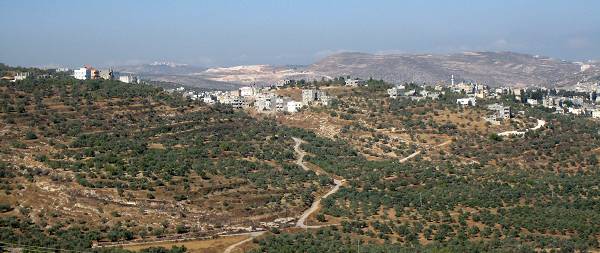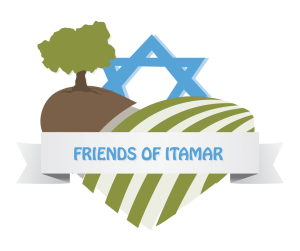Parashat Korach – “Ma-aseh avot siman lebanim” 2009
Korach June 18, 2009 Every story in the Torah tells us something about then and how it applies to now. This is called “Ma-aseh avot siman lebanim”= what happens in the
Parashag Shemini – A shining Light 2009
Shemini April 18, 2009 A candle can be fed or extinguished by the wind, depending on how it blows. If it blows too hard, the flame separates from the wick, therefore it blows out.
Parashat Ki Tavo
Parashat Ki Tavo Thursday, August 30, 2007 Last week’s parasha, Ki Tetzeh, ends with the mitzvah of remembering what Amalek did to us when we left Egypt. This weeks parasha
Parashat Devarim
Parashat Devarim Thursday, July 19, 2007 Since we’re approaching Tisha B’av, this week’s Torah thought is centered on the destruction of the Bet HaMikdash. In o
Parashat Balak
Parashat Balak 11 Tamuz 5767 /June 27th 2007 At first glance at the opening of parashat Balak it seems that the fear of the Moabites towards Am Yisrael is a result of the Jewish na


